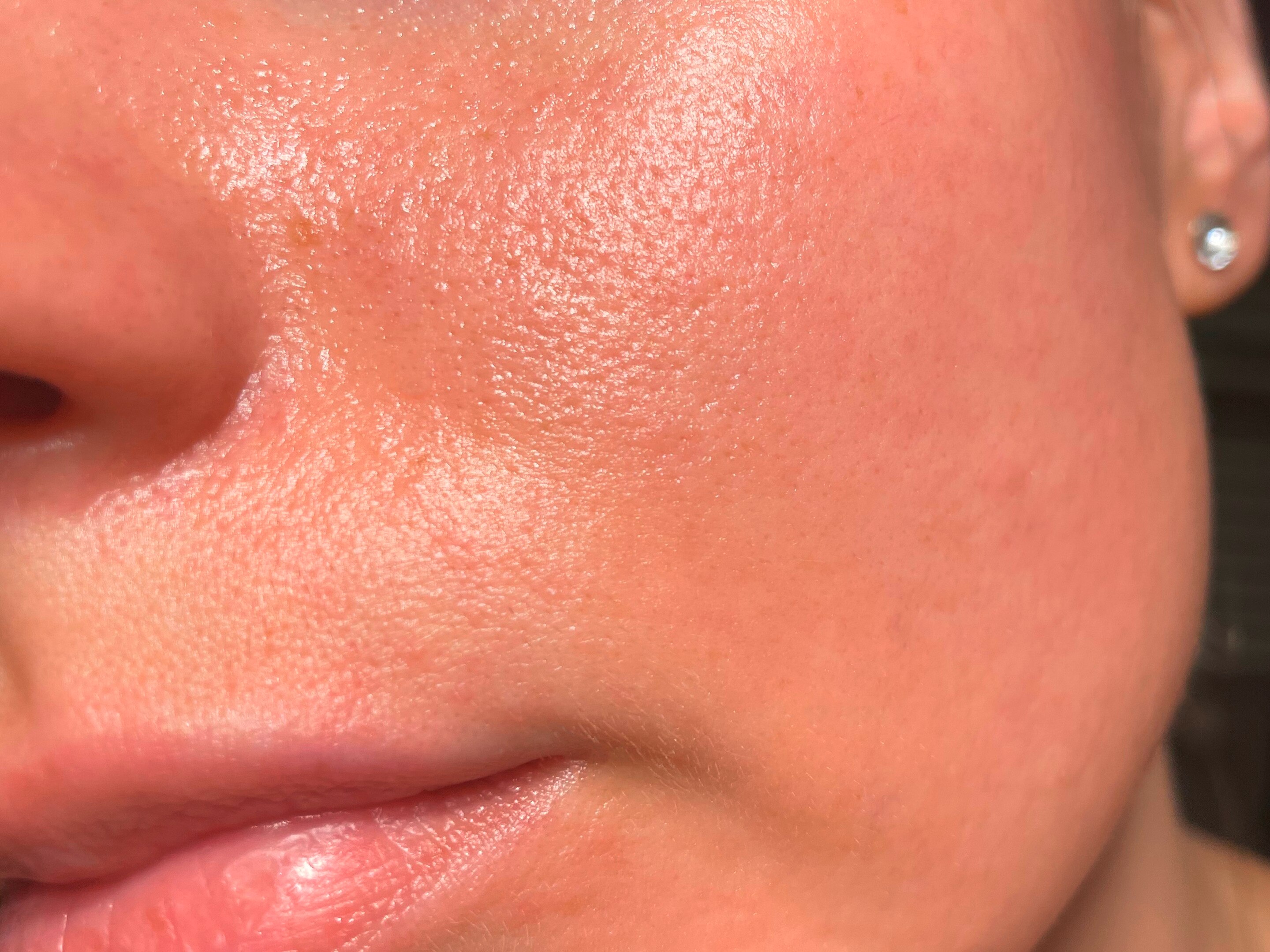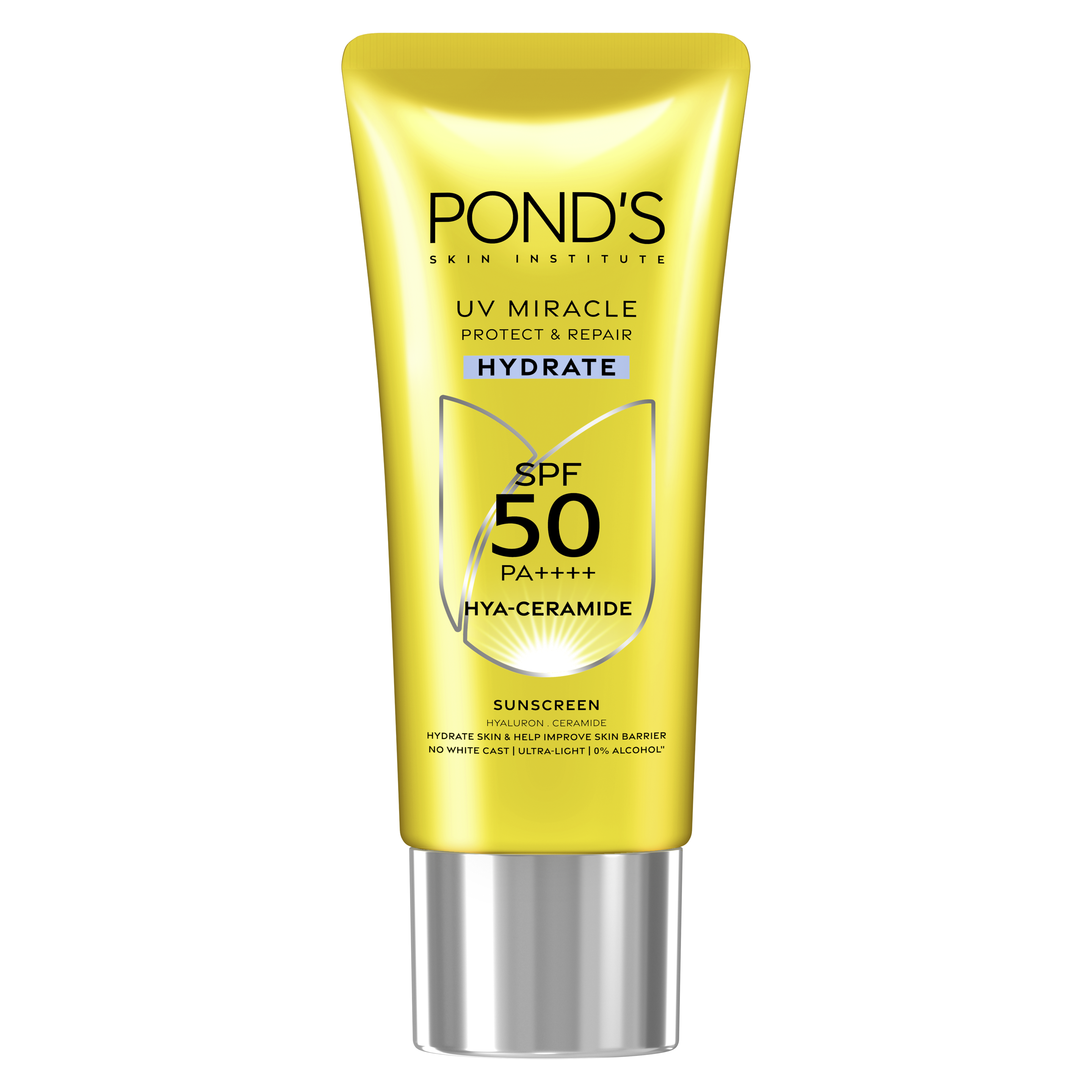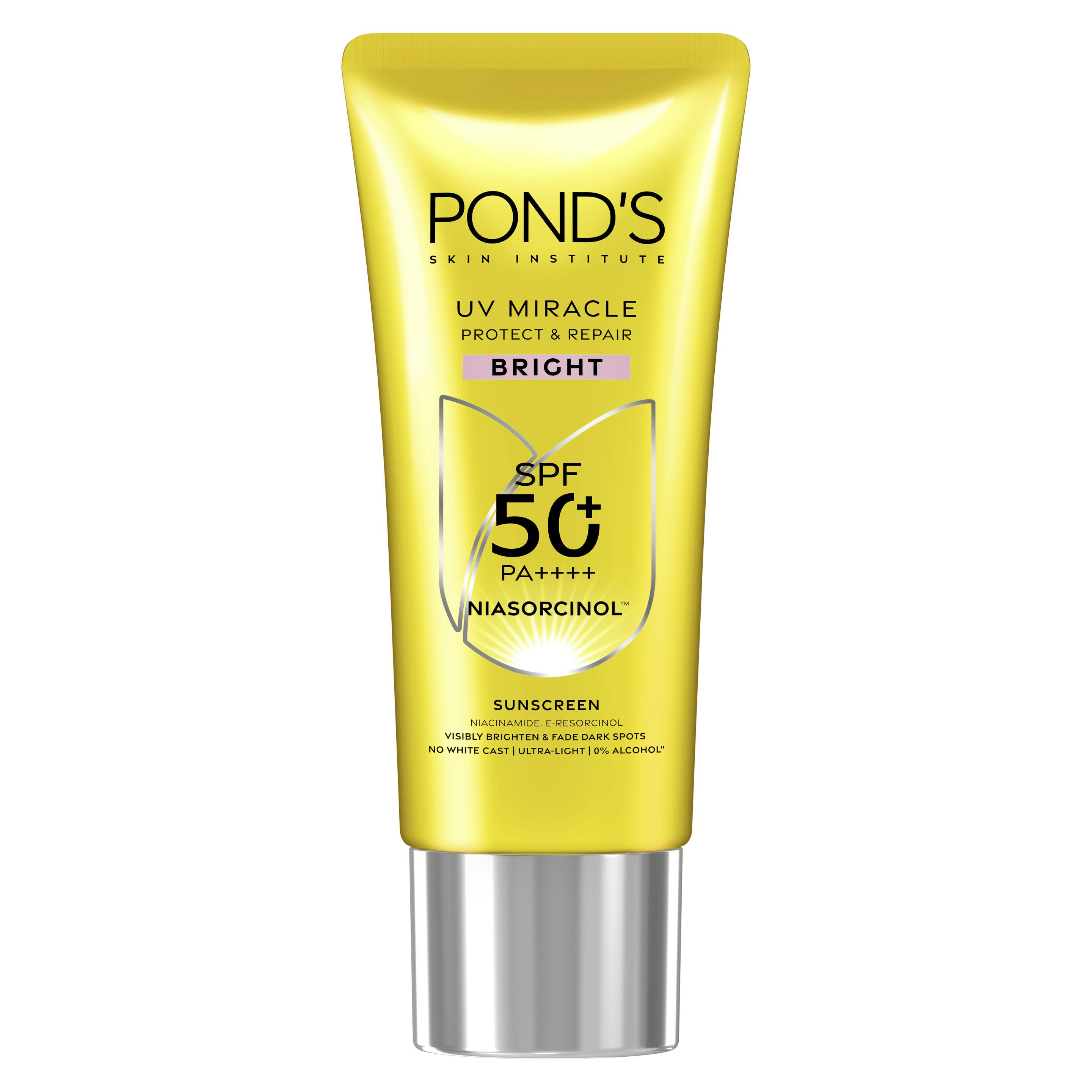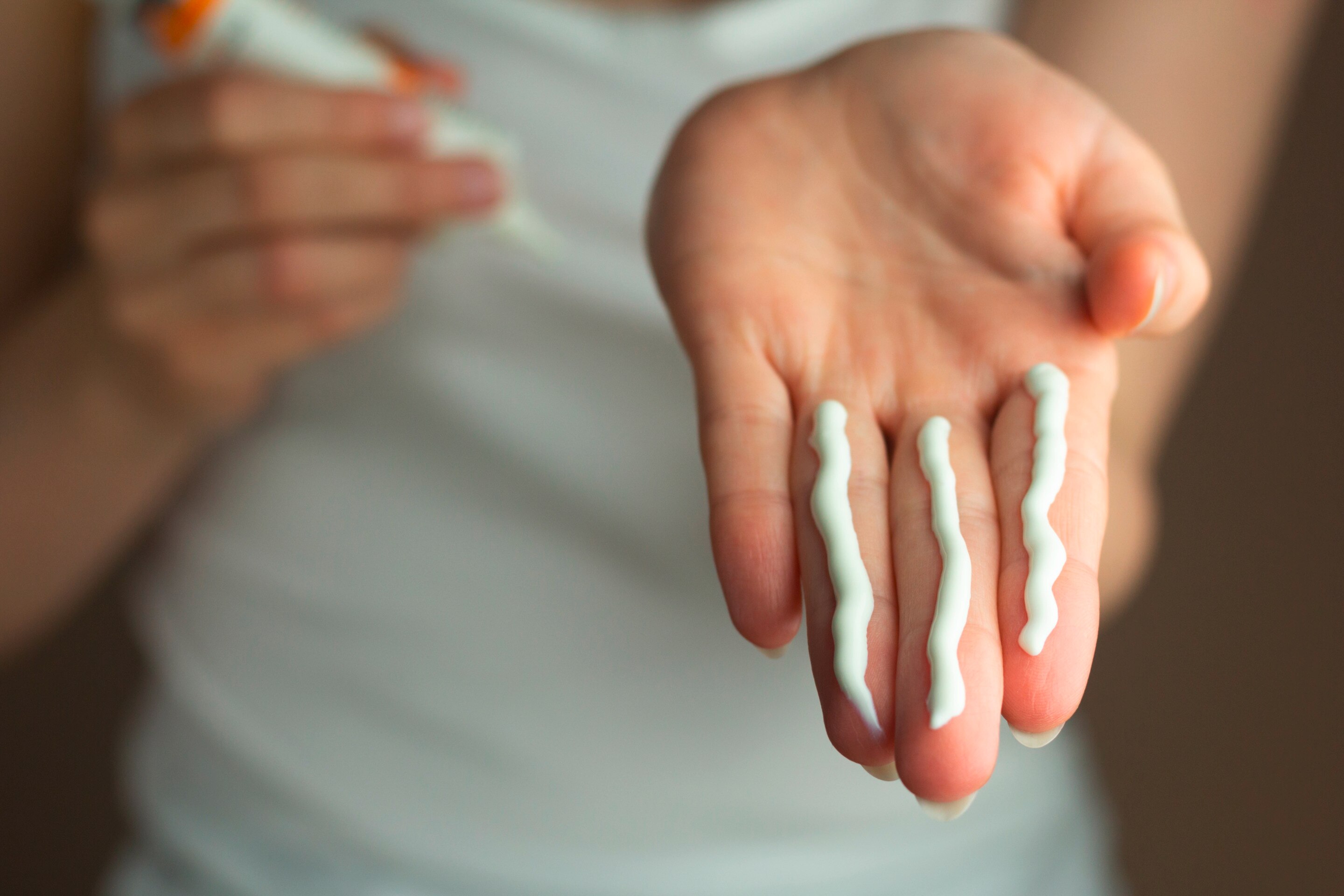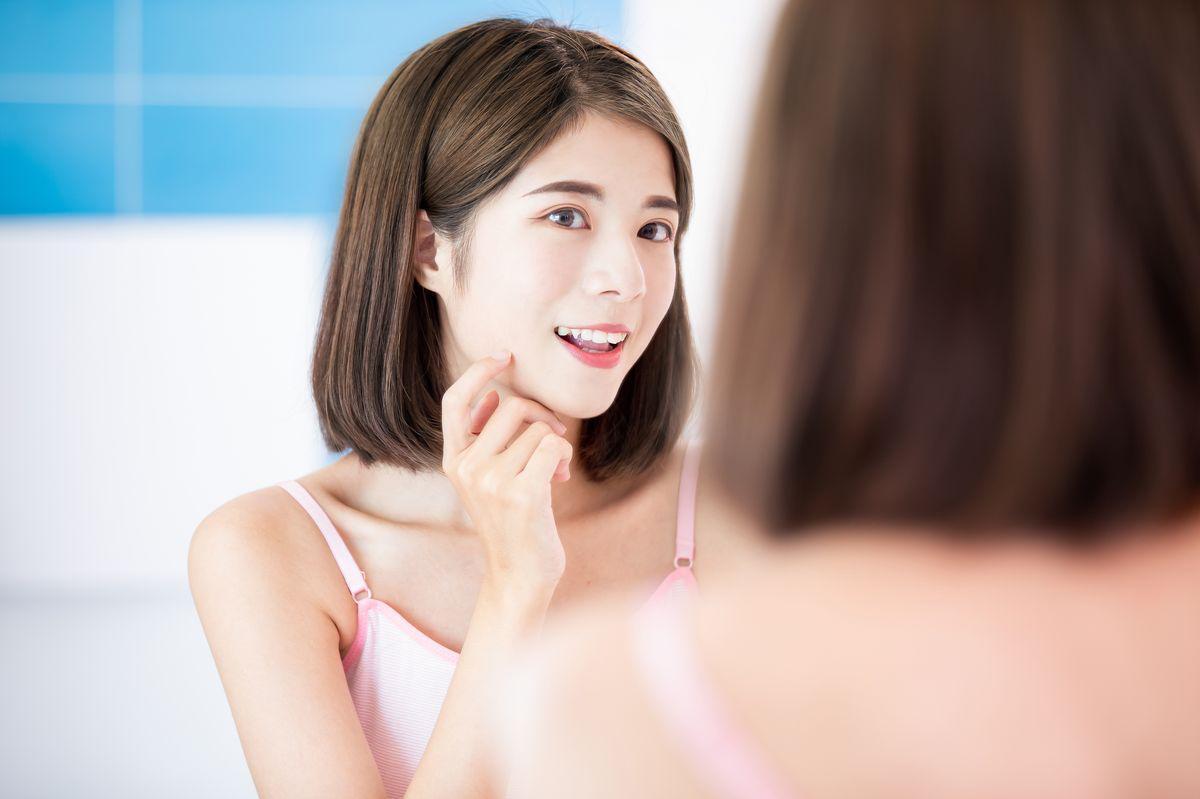Tips and Inspiration
From Unilever Beauty Experts
If you have acne-prone skin, wearing sunscreen is essential, but finding one that protects without causing breakouts can be tricky. The wrong formula can clog pores, cause irritation, and leave a greasy feel that worsens acne. The right sunscreen for acne-prone skin, however, not only blocks harmful UV rays but also complements your acne treatment. Here’s how to choose sunscreen that works with your skin, not against it.
1. Non-Comedogenic Formulas
The term non-comedogenic means the product is specifically formulated not to block pores, which is essential for acne-prone skin. Clogged pores lead to blackheads, whiteheads, and inflammatory acne, especially when combined with sweat or makeup. While sunscreen doesn’t necessarily cause breakouts, it can trigger them if it contains ingredients like coconut oil, lanolin, and isopropyl myristate, which are known to be comedogenic. Instead, look for products that clearly state they're non-comedogenic or tested on acne-prone skin.
2. Mineral (Physical) vs. Chemical Sunscreen
Mineral sunscreens contain zinc oxide and/or titanium dioxide, which sit on top of the skin and physically deflect UV rays. These are generally better tolerated by sensitive or acne-prone skin because they’re less likely to cause irritation or stinging. Zinc oxide, in particular, has natural anti-inflammatory and antimicrobial properties, making it a great choice for skin dealing with breakouts.
Chemical sunscreens, on the other hand, absorb UV rays and convert them into heat. Some chemical filters can irritate sensitive skin or exacerbate acne in certain individuals. As with any product, it all depends on how your skin reacts and if it’s hiyang.
3. Lightweight, Breathable Textures
Heavy creams and greasy lotions can suffocate acne-prone skin and contribute to clogged pores. Instead, choose gel, watery essence, or fluid sunscreens that absorb quickly and leave a lightweight finish. These formulations tend to be water- or silicone-based, which provide a breathable barrier without feeling occlusive.
4. Fragrance-Free and Alcohol-Free Options
Fragrance might make your sunscreen smell like a beach vacation, but it’s also one of the most common causes of allergic reactions and irritation. For sensitive, acne-prone skin, fragrance-free is the safer choice. Be cautious with denatured alcohol or SD alcohol, which can dry out the skin and disrupt the skin barrier.
While some alcohols help achieve a lightweight feel, over time, they can increase oil production and make acne worse. If you're not sure, do a patch test before fully committing to a product. Apply a small amount behind your ear or on your jawline and wait 24 to 48 hours to see if any irritation or breakouts occur.
5. Added Skin-Caring Ingredients
Why not choose a sunscreen that multitasks? Some are formulated with skincare actives that can calm, treat, or balance acne-prone skin while offering UV protection. Beneficial ingredients include:
- Niacinamide (Vitamin B3): This helps reduce inflammation, controls sebum, and strengthens the skin barrier.
- Centella Asiatica (Cica): It's a botanical extract that soothes irritation and supports healing.
- Green Tea Extract: Packed with antioxidants, it helps reduce redness and oil production.
- Panthenol and Allantoin: Both calm and hydrate without clogging pores.
Try POND'S UV Hydrate Sunscreen or POND'S UV Bright Sunscreen, which deliver broad-spectrum protection while hydrating skin and fading dark spots. These supportive additions make your sunscreen for acne-prone skin do more than just block the sun, contributing to your overall skincare routine.
6. Broad-Spectrum Protection
Look for sunscreens labeled broad-spectrum, which protect against both UVA (aging and pigmentation) and UVB (burning) rays. If you're using acne treatments like retinoids, benzoyl peroxide, or chemical exfoliants, your skin is more photosensitive and vulnerable to UV damage. A broad-spectrum SPF of at least 30 is essential to prevent hyperpigmentation, slow down skin aging, and keep post-acne marks from getting darker and harder to fade.
7. Matte or Blurring Finish (Optional)
If excess shine is a concern, look for sunscreens that offer a matte, soft-focus, or oil-controlling finish. These usually contain silica, starch, or micro-powders that help absorb oil throughout the day, making them excellent options for people with oily or combination skin. A blurring finish can also help smooth the appearance of uneven texture or enlarged pores, serving as a great base under makeup.
Whether you prefer mineral or chemical filters, the right sunscreen for acne-prone skin won’t just protect your skin from UV damage, but also actively support your skin’s clarity, calm, and resilience.


